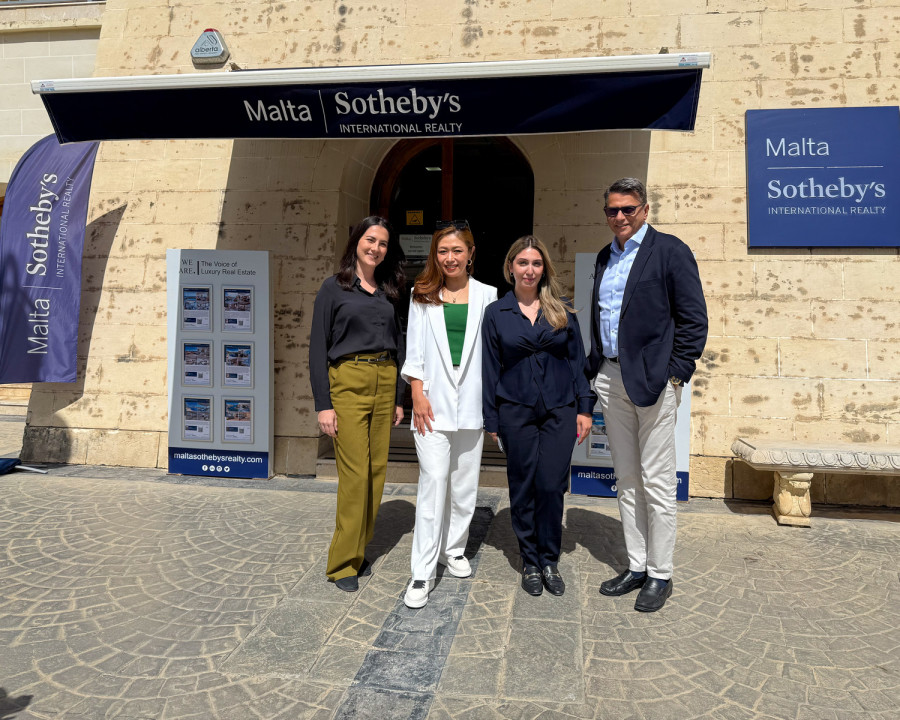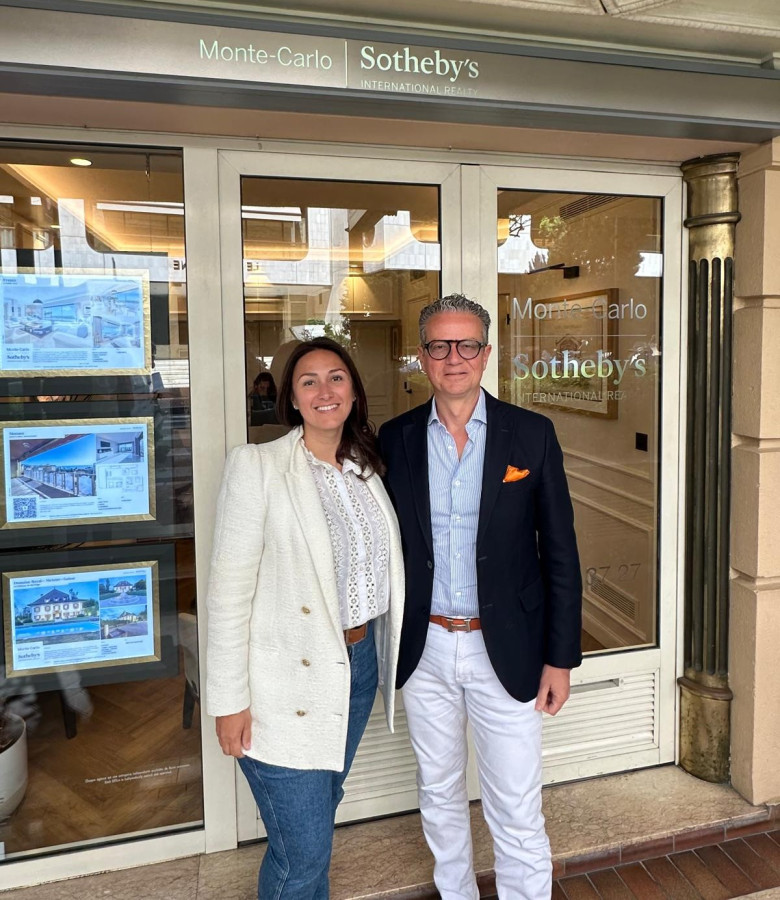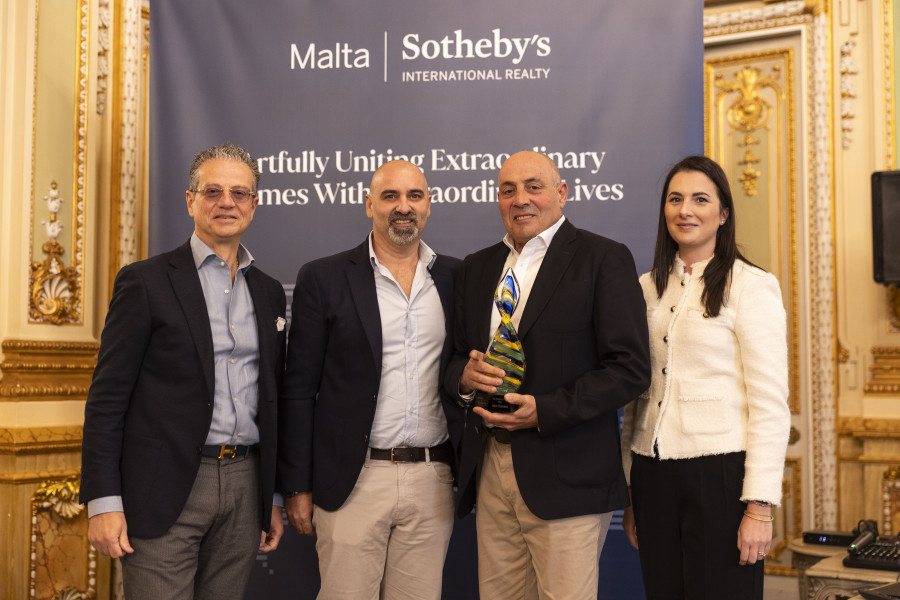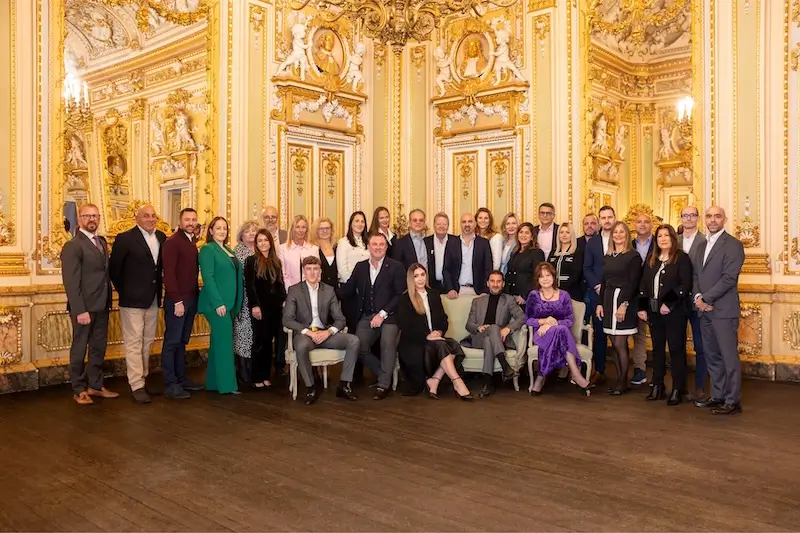Moving Or Retiring To Malta From UK After Brexit
Malta Relocation & Residency News
27th March 2024
Malta, a small island in the heart of the Mediterranean, has long been a popular holiday and relocation hotspot for British citizens. Based on a long history of ties between the two countries and bolstered by incredible weather, diverse history, and a high standard of living and infrastructure, the country continues to draw thousands of Brits every year for short and longer-term stays. But since the UK left the EU in 2021, many British Citizens have wondered whether it is still possible to relocate to one of the bloc’s smallest but most sought-after member states. If you want to know about moving to Malta as a British national in a post-Brexit world, here is all the information you need.
Can British people live in Malta?
Absolutely! Before 2021 and before the UK’s exit from the EU, British citizens could live and work in Malta with just a simple residency permit application. But after 1 January 2021, this changed. Those residing in Malta before 2021 were granted the right to remain pending a decision on an updated application. Those gaining a favourable decision received a Withdrawal Agreement (WA) biometric residence card, which should be presented with a passport when entering the country or travelling within the EU. Under the WA, British citizens are allowed to live and work in Malta, buy property, access healthcare, and enjoy other rights they had before Brexit.
Since Brexit, any British citizen who wants to live in Malta must undergo another application process. This is a process for residency for non-EU nationals. If you come from a country with visa-free travel with Malta, such as the UK, you can apply for a long-stay visa, allowing you to remain in the country for 90 days out of every 180. This process requires a completed application form, passport photos, a copy of your passport, flight tickets, accommodation, health insurance, visa letter, proof of sufficient funds and proof of civil status.
Alternatively, you can apply for a temporary residence permit once you have arrived. This is issued for between one and five years and can be approved. Documents required include proof of a clean criminal record, proof of income, and proof of health insurance. In the case of UK citizens; however, you can apply for a reciprocal healthcare card which can grant free state healthcare for residents.
Another option is permanent residency which can be applied for after you have been living in the country for five years. Data required for this process includes list of dates of entry and exit from the country during that time, tax declarations filed locally, evidence of integration, a cover letter detailing your history in the country, and 100 hours of attendance on a course about Maltese history and culture, plus a pass rate of 75%. You also need to score at least 65% on a Maltese language exam, demonstrating you have at least some knowledge of the language.
If you intend to work in Malta, you will also need a work permit which is filed with your employer.
Can Brits retire to Malta?
British citizens can retire to Malta under the Malta Retirement Programme, which offers a number of benefits for retirees wanting to create their base on the island. Those applying for the program must meet a number of requirements, including purchasing a property for more than EUR 220,000-EUR 275,000 or renting it for EUR 8750- EUR 9600, depending on where it is located. Additionally, health insurance is required, as is the obligation to live in Malta for over half the year, to pass due diligence requirements, and to pay a 15% tax on pensions remitted to the country.
Additional annual fees and a one-off registration fee are also payable. Even for those who do not receive a pension, there are opportunities to retire under the Residence Scheme, as long as certain property, income, and donation obligations are satisfied.
Why do Brits move to Malta?
Malta has long been popular with British nationals who have flocked there to set up holiday homes, retire, work, or simply pass their time. Malta was once a part of the British Empire before becoming independent in 1964, although it is still a member of the Commonwealth. Reasons for its popularity with British citizens include the following:
- English is an official language and is spoken widely throughout the country;
- Malta retains many cultural ties with the UK meaning ex-pats can feel at home and often source British items and products;
- It is a three-hour flight from London;
- Malta has more than 300 days of sunshine a year, significantly more than the UK;
- It has long, warm summers and short, mild winters;
- Malta is served by an excellent health service including hospitals, clinics, and practitioners in all areas that speak English;
- The country enjoys good food and drink, has a varied social and cultural calendar, and has a vibrant ex-pat community as well as welcoming locals;
- There are a range of good job opportunities including in iGaming, fintech, hospitality, and tourism;
- The cost of living is less than in many places in the UK;
- It has a vast and rich history with plenty of things to see and do;
- It is surrounded by the Mediterranean Sea and served by beautiful beaches and coastline.
Where do most British ex-pats live in Malta?
There are large British ex-pat communities all around Malta and in almost every town and village. But the most popular are in Marsaskala in the south and Mellieha in the North. Check out the property for sale in Marsascala and rent in Marsascala. Marsascala is a fishing village which features several kilometres of coast with wonderful swimming areas, a beach, lidos and bars and a vibrant social life. Just 20 minutes from both the airport and Valletta, it is easily accessible and is well-served with public transport.
Mellieha is a more touristic area, around 30 minutes from Valletta and 40 minutes from the airport. It is popular with tourists and is full of hotels, bars, lidos and swimming zones. The island of Gozo is a short drive and ferry ride away, and it enjoys a large but older British ex-pat community.
Similar communities can also be found in Sliema and St Julians, located in the central harbour region.
What percentage of Malta is British?
Malta has a population of 519,000 with around 22% of the population being made up by expatriates. Of the 22% British Nationals account for around 9% of the expat community. This number can fluctuate, however, as many come and go throughout the year, staying for the winter and leaving in the summer, or vice versa.
Is it cheaper to live in Malta than UK?
While the cost of living has indeed increased in Malta over the last decade, it is still around 31% cheaper than in the UK. For example, the average cost of living for one person in Britain is EUR 2015, while in Malta, it is EUR 1388. A family of four would need to average around EUR 4773 in the UK compared to EUR 3195 in Malta. While expenses like rent, food shopping, eating out and purchasing clothes and electronics are around the same price, transport, fuel, energy, and alcohol are much cheaper in Malta. In terms of food, some items are more expensive, such as meat, eggs, and fruits and vegetables, as due to the country’s small size, it is difficult to cultivate them to meet demand. The good news is, however, that wine, beer, oil, milk, coffee, and a meal in a local restaurant is much cheaper than in the UK.



